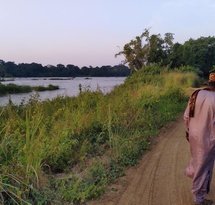
Both ENDS partner IFI Synergy has filed a complaint to the World Bank on behalf of local inhabitants about the Nachtigal dam in Cameroon. The dam is causing considerable problems for local communities and local people feel that the compensation they receive is inadequate. They also feel that they were insufficiently informed and consulted before construction of the dam started.
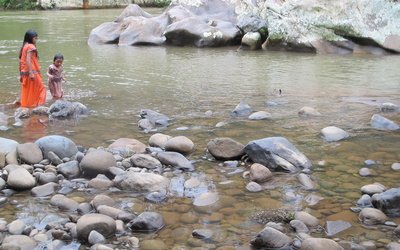
Representatives of the Dutch and the German development banks (FMO and DEG) are in Panama today to discuss the future of the controversial Barro Blanco project with the government. Last May, the locks of the dam were closed to test the dam, in complete breach of all previous agreements. Part of the surrounding land is now flooded and some residents might soon have to be evacuated. Both ENDS, together with seven other organisations sent a letter to the directors of the two banks, urging them to assume their responsibilities as investors in the project.
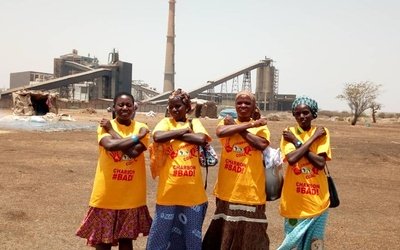
FMO's new position statement on fossil fuel investments commits to ending new direct finance in the downstream and midstream coal and oil sectors, whilst still allowing for investments in gas-fired electricity generation under exceptional circumstances only. Both ENDS welcomes this development as a step in the right direction.
Both ENDS and partners gave their input on FMO's public consultation on Climate Action Commitments and Fossil Fuel Statement. Both ENDS and partners are pleased that FMO is finally taking a stand regarding fossil fuels, but in our opinion it could be more ambitious.
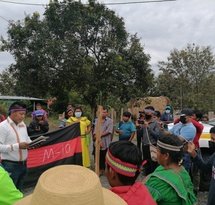
Members of the Indigenous Ngäbe Buglé people were brutally attacked by Panamanian police on Friday 29 October 2021 from a parcel of private land near the FMO-financed Barro Blanco hydroelectric dam. The victims, all members of the anti-dam movement M22, had peacefully occupied the land after their protest camp got dismantled in July this year.
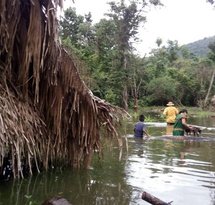
In April 2021, the Dutch development bank FMO announced that it is no longer involved in the Barro Blanco project, a controversial dam in Panama. GENISA, the Panamanian company that built the dam, unexpectedly paid off the multi-million dollar loan early. The question is to what extent, now that the bank is no longer actively financing the project, FMO can still be held responsible for the damage and suffering that was caused when this was still the case.
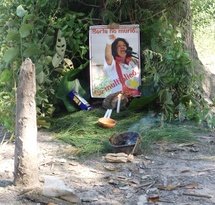
The million-dollar loan that the Dutch development bank FMO provided to project developers of Honduran company DESA for the construction of the controversial Agua Zarca dam project in Honduras, may be related to gross corruption and malpractice. This is concluded in an article published today in the Dutch news paper Financieel Dagblad, based on information provided by COPINH, the indigenous organisation that has been opposing the construction of the dam for years. Several members of the organisation, including its leader Berta Cáceres, were murdered. DESA director David Castillo has recently been convicted of being involved in the assassination of Cáceres in 2016.
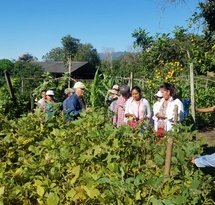
The lion's share of public budgets for climate, agriculture and development still goes to conventional agroindustrial projects that contribute to the current climate, food and biodiversity crises. Both ENDS and our partners are calling for a transition to agroecological practices that are people- and environment-friendly.
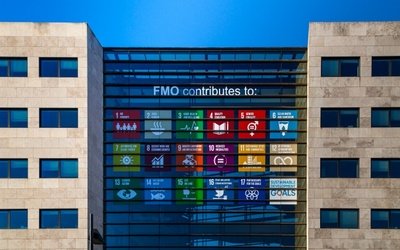
The Dutch development bank FMO has published a statement about fossil fuels to take steps in climate action. Both ENDS and partners are pleased that FMO is finally taking a stand regarding fossil fuels, but in our opinion it could be more ambitious. In order to really contribute to sustainability and equality, it is essential that development banks stop investing in harmful fossil projects.